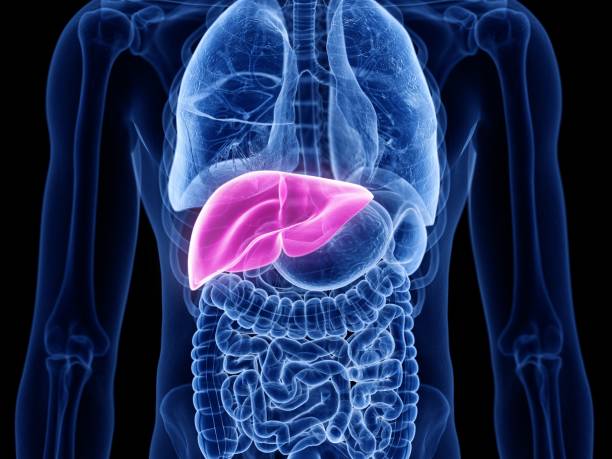Preventing Heart Disease: Your Essential Guide to Heart Health
The heart is an extraordinary organ, tirelessly pumping blood and keeping us alive day in and day out. But what happens when this vital organ becomes compromised? Heart disease, a broad term that encompasses a range of conditions affecting the heart, can lead to serious health issues like heart attacks and strokes. Understanding how to prevent heart disease is crucial for maintaining a long, healthy life. Understanding Heart Disease Heart disease includes various conditions such as coronary artery disease, heart failure, and arrhythmias. These conditions can lead to serious health issues like heart attacks and strokes. Coronary artery disease, the most common type, occurs when the arteries that supply blood to the heart become narrowed or blocked, leading to chest pain (angina) or heart attacks. Heart failure means the heart isn’t pumping blood as well as it should, and arrhythmias are irregular heartbeats that can cause the heart to beat too fast, too slow, or with an irregular rhythm. Risk Factors to Watch For Several risk factors can increase the likelihood of developing heart disease. Being aware of these factors can help you take steps to mitigate them: Steps to Lower Your Risk Adopting a heart-healthy lifestyle is key to preventing heart disease. Here’s how: Eat a Balanced Diet Focus on a diet rich in fruits, vegetables, whole grains, and lean proteins. Avoid processed foods, trans fats, and excessive salt and sugar. Here are some dietary tips: Stay Physically Active Aim for at least 30 minutes of moderate exercise most days of the week. Physical activity helps manage weight, lowers blood pressure, and reduces stress. Here are some exercise tips: Maintain a Healthy Weight Achieve and maintain a healthy weight through diet and exercise. Excess weight can increase your risk of heart disease and other health problems. Avoid Tobacco Quit smoking and avoid secondhand smoke. Smoking is a major risk factor for heart disease, and quitting can significantly improve your heart health. Limit Alcohol Consumption Drink in moderation—no more than one drink a day for women and two for men. Excessive alcohol intake can lead to high blood pressure, heart failure, and even stroke. Regular Check-Ups Visit your healthcare provider regularly to monitor your heart health and manage any potential issues early. Regular check-ups can help detect conditions like high blood pressure, high cholesterol, and diabetes, which can be managed with lifestyle changes and medications. Living with Heart Disease For those living with heart disease, managing the condition is crucial. This may include: Medications Medications are often prescribed to manage symptoms and prevent further complications. These can include: Lifestyle Changes Continuing with heart-healthy habits is essential. Adopting a balanced diet, staying physically active, avoiding tobacco, and managing stress are all vital steps. Medical Procedures In some cases, surgical interventions or other procedures may be necessary. These can include angioplasty to open blocked arteries, bypass surgery to improve blood flow to the heart, or procedures to correct arrhythmias. Conclusion The power to prevent heart disease lies in our own hands. By taking proactive steps to prioritize heart health, we can ensure that this remarkable organ keeps ticking for many years. A heart-healthy lifestyle, regular check-ups, and proper management of existing conditions can help us lead long, healthy lives. Remember, your heart matters, and taking care of it is one of the best investments you can make in your future.
Preventing Heart Disease: Your Essential Guide to Heart Health Read More »









